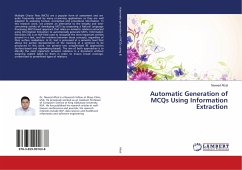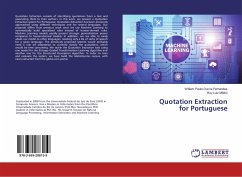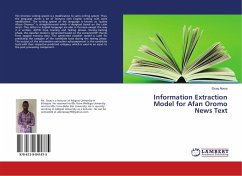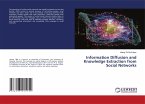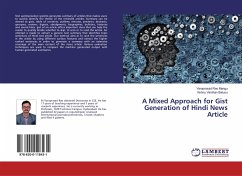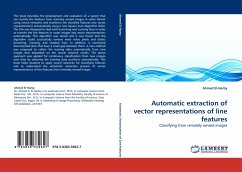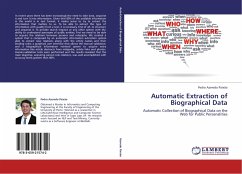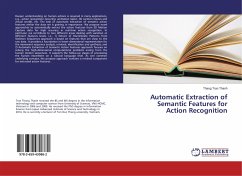Multiple Choice Tests (MCTs) are a popular form of assessment and are quite frequently used by many e-Learning applications as they are well adapted to assessing factual, conceptual and procedural information. In this research work, we present an alternative to the lengthy and time-consuming activity of developing MCTs by proposing a Natural Language Processing (NLP) based approach that relies on semantic relations extracted using Information Extraction to automatically generate MCTs. Information Extraction (IE) is an NLP field used to recognise the most important entities present in a text, and the relations between those concepts, regardless of their surface realisations. In IE, text is processed at a semantic level that allows the partial representation of the meaning of a sentence to be produced. In this work, we present two unsupervised RE approaches (surface-based and dependency-based). The aim of both approaches is to identify the most important semantic relations in a document without assigning explicit labels to them in order to ensure broad coverage, unrestricted to predefined types of relations.
Bitte wählen Sie Ihr Anliegen aus.
Rechnungen
Retourenschein anfordern
Bestellstatus
Storno

